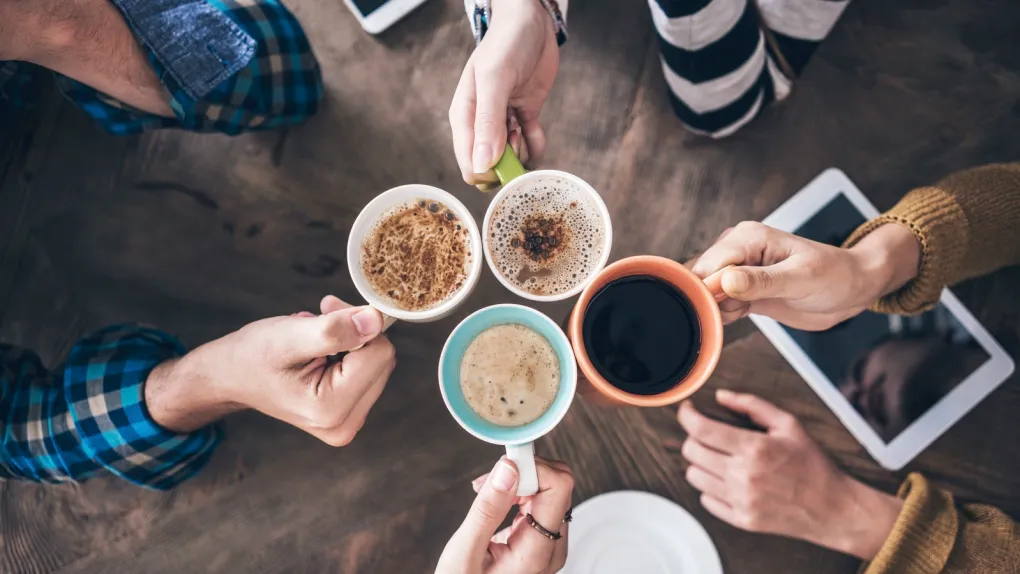
New research shows that caffeine alters brain activity in a way that makes sleep seem more like a waking state, pushing neural networks into a complex, heightened state typically associated with mental performance (Photo: Getty).
Researchers monitored 40 adults who consumed either 200 milligrams of caffeine or a placebo before bed. Brain activity was tracked throughout the night.
In people who consume caffeine, the brain enters a mode called critical mode, in which information processing becomes faster and more active. This state supports concentration and problem-solving during the day, but while sleeping, it can interfere with the brain's rest and recovery.
Among the volunteers, caffeine's effects on the brain were particularly pronounced in younger individuals.
Their brains have experienced a much greater increase in complexity and information flow compared to older people. That difference may stem from biology, as younger people have more adenosine receptors, which are the brain's natural "sleep switch" and a primary target of caffeine.
Even non-REM sleep, the deepest and most restorative stage, becomes more active under the influence of caffeine.
Instead of slowing down, the brain continues to process as if it were awake, diminishing the benefits typically gained during rest. This effect is much stronger in younger people, who may be more vulnerable to the long-term consequences of disrupted sleep.
This research adds to our understanding of how caffeine affects the brain. Instead of simply delaying bedtime or inducing shallow sleep, caffeine essentially reshapes the brain's behavior at night.
Sleep serves many vital functions, including consolidating memories and repairing cells, which can be impaired if the brain remains overactive.
For those who rely on coffee late in the day, these findings serve as a reminder that its effects extend far beyond alertness.
The brain doesn't simply go to sleep on command, although there are many tips to aid sleep. The brain adapts to the chemicals that affect it, and caffeine alters the brain's usual rules of operation.
Unless you're one of the rare individuals with a genetic mutation that allows you to function better with less sleep, you should probably consider limiting your caffeine intake later in the day.
Source: https://dantri.com.vn/khoa-hoc/caffeine-thuc-su-lam-thay-doi-hoat-dong-cua-nao-trong-khi-ban-ngu-20250606034733332.htm




![[Photo] Prime Minister Pham Minh Chinh presides over a meeting on private sector economic development.](/_next/image?url=https%3A%2F%2Fvphoto.vietnam.vn%2Fthumb%2F1200x675%2Fvietnam%2Fresource%2FIMAGE%2F2025%2F12%2F20%2F1766237501876_thiet-ke-chua-co-ten-40-png.webp&w=3840&q=75)































































































Comment (0)